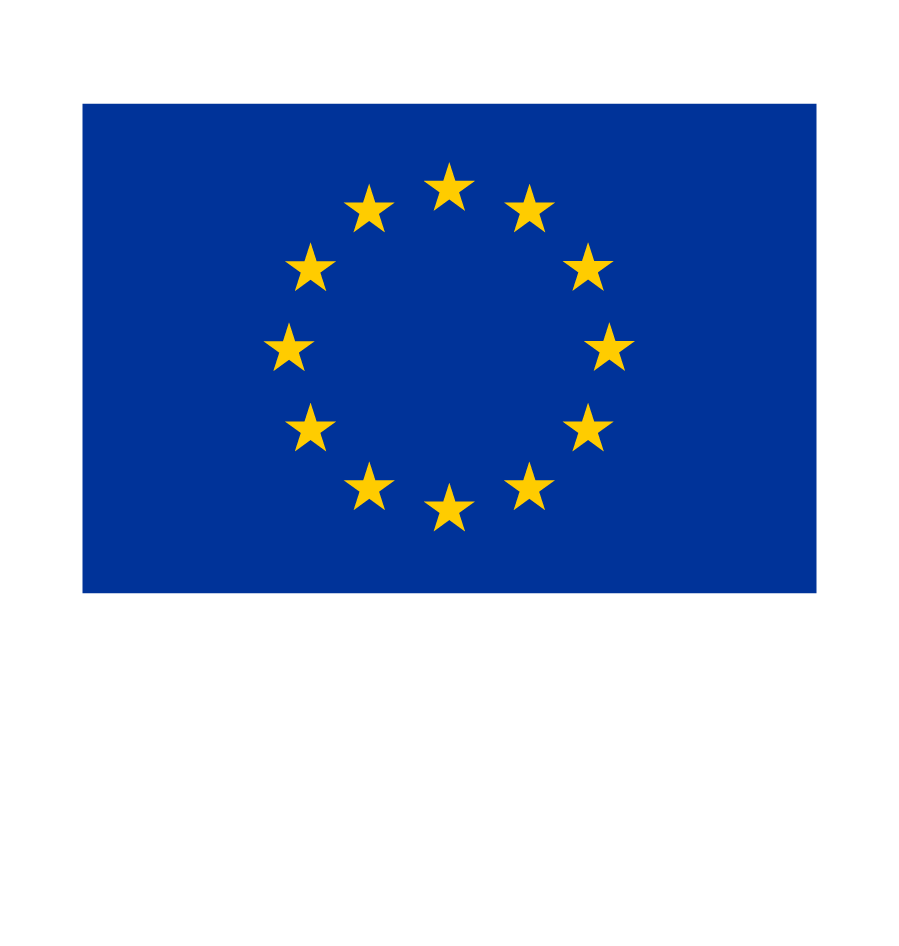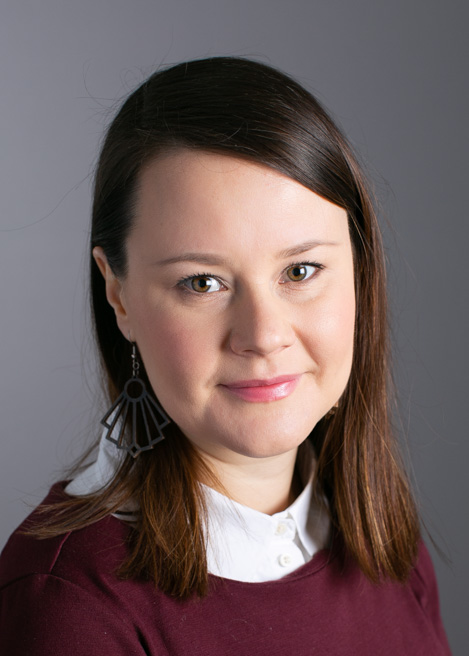KIEHKURA – Public Procurement as a Driver for Sustainable Product Development and Circular Economy

Duration of the project
Source of funding
European Regional Development Fund ERDF

Total funding
216 365 €
KIEHKURA project focuses on promoting the circular economy use and product development of machines and equipment through public procurement. This approach extends the lifespan of equipment, improves utilization rates, and supports the research and development efforts of SMEs. At the same time, it reduces waste generation and increases the use of recycled materials, components, and parts.
Public sector have a large number of machines and equipment for example for research and teaching purposes, and significant amounts are purchased annually. Currently, the purchase price of machines and equipment is high, utilization rates are low, and lifecycles are short.
In the project, these machines and equipment will be put to more efficient use by intensifying regional R&D cooperation between SMEs and universities and creating shared-use ecosystems. This way, the regional availability of machines and equipment can be increased, as well as their utilization rates through new shared-use experiments and gradually increasing shared use. The project’s measures will reduce unnecessary new machine and equipment purchases and thus also the environmental burden caused by their production.
The goal of the KIEHKURA project is to create basic procurement criteria and an innovative procurement process in line with the circular economy to promote the circular economy in public procurement of machines and equipment. This will benefit not only the higher education sector nationally but also research institutions, welfare areas, and other entities that procure machines and equipment. By developing market dialogue methods, circular economy criteria will be created for the procurement phase, including the lifecycle of the equipment, the availability of critical spare parts and software, and the long-term use and functionality. This will change the current market for machines and equipment so that the lifecycle of the equipment does not end due to issues with the availability of spare parts or software updates before the actual technical lifespan comes to an end.
With the support of the KIEHKURA project, the circular economy expertise and competitiveness of SMEs offering machinery and equipment, as well as their ability to respond to public tenders, will increase (EU regulation, new criteria). Companies have an excellent opportunity to participate in and influence the circular economy procurement criteria for machinery and equipment by creating new networks and collaboration opportunities. The project enables companies to update their machinery, equipment, and services in line with the circular economy and new regulations. Project collaboration helps companies start R&D cooperation with the regional University of Applied Sciences.
Contact us
Partners
- Metropolia University of Applied Sciences
- Laurea University of Applied Sciences
- Jyväskylä University of Applied Sciences
Meet the research team
-
Research teams
Circular Business Models
See all our projects
We carry out nearly 200 RDI projects annually together with working life and our international partner networks.

